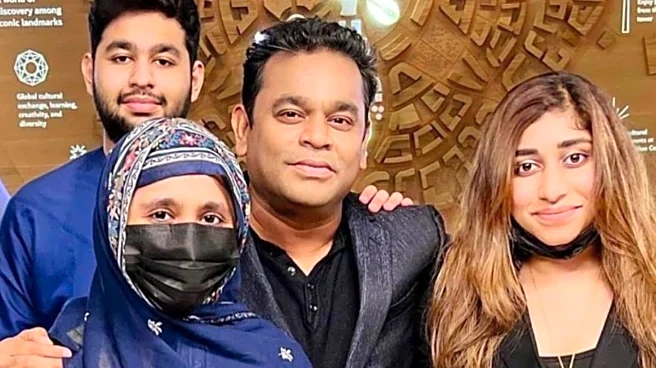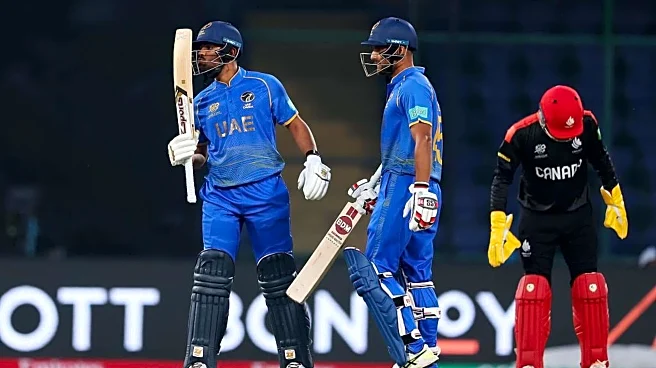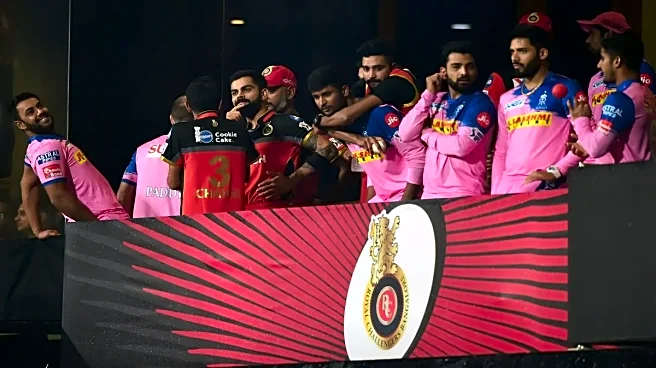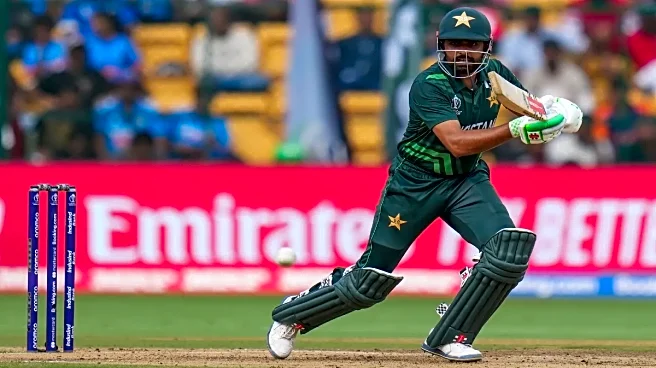AR Rahman may be one of India’s most adored and respected composers, but behind the global acclaim lies a personal cost that the Oscar winner rarely speaks about. In a candid conversation with Nikhil Kamath,
the maestro opened up about how constant public attention — particularly the lack of privacy — deeply affected his family life and everyday routines.
Rahman, who separated from wife Saira Banu in 2024 after 29 years of marriage, shares three children with her. He shared that the relentless intrusion of fame crept into moments meant to be quiet and personal, eventually placing strain on his home life.
“I step out very rarely… and when I do, I am prepared”
Rahman explained that he hardly goes out, and when he does, he braces himself for the barrage of selfie requests. While he tries to accommodate admirers with grace, he admitted there are moments — especially after long flights — when the constant attention becomes overwhelming. Yet he accepts it as “part of the game.”
The toll of never being allowed to eat in peace
When asked how he manages simple outings like dinner in Chennai, Rahman let out a sigh and revealed the emotional weight behind the question.
“That’s the irony of my life,” he said. “That’s what actually took a toll on my family life, when no one allows you to eat.”
Even at weddings — events meant for celebration and connection — Rahman said he finds himself unable to eat because guests persistently request photos.
“Even in a marriage, when you are eating, people say, ‘Can I take a photograph?’ I say, ‘I am eating.’ They say, ‘But we are going to go. We have to go.’”
Rahman added that many fans forget that celebrities are human beings too. “They don’t understand that the person is eating. He’s not been bought by you. But then you understand how important you are in their life and they don’t want to miss the chance. So I never eat in marriages. I just go over, wish them.”
“Hollywood actors just say no”
Rahman contrasted this with his experiences abroad, explaining that artists in the West are more assertive about boundaries. “Whenever I have worked with rockstars abroad, they, just with a straight face, say, ‘I don’t do that, sorry.’ Whether it is a Hollywood actor, they are straight on the face… They just snap and say, ‘No I don’t do that.’ Indian actors are more kind. Because we are a different race.”
“Even spending time with family is hard now”
Rahman also reflected on how difficult it has become to spend quality time with loved ones. “Even to spend time with family, I have to make sure that I pull them on to dinner or something, where also not everyone is free — they all have their own lives now.”
As for friendships outside work, Rahman admitted he simply does not have the time to cultivate or maintain them. For him, colleagues often become his social circle.
“All the directors are my friends. When I work with people like Aanand L Rai or Imtiaz Ali… I love what I am doing,” he said. Surrounded by a younger generation of artists in his studio, Rahman often eats and spends time with them, finding camaraderie within the creative ecosystem.







/images/ppid_59c68470-image-177099004958678182.webp)

/images/ppid_59c68470-image-177099008519650310.webp)
/images/ppid_59c68470-image-17709901179689704.webp)
